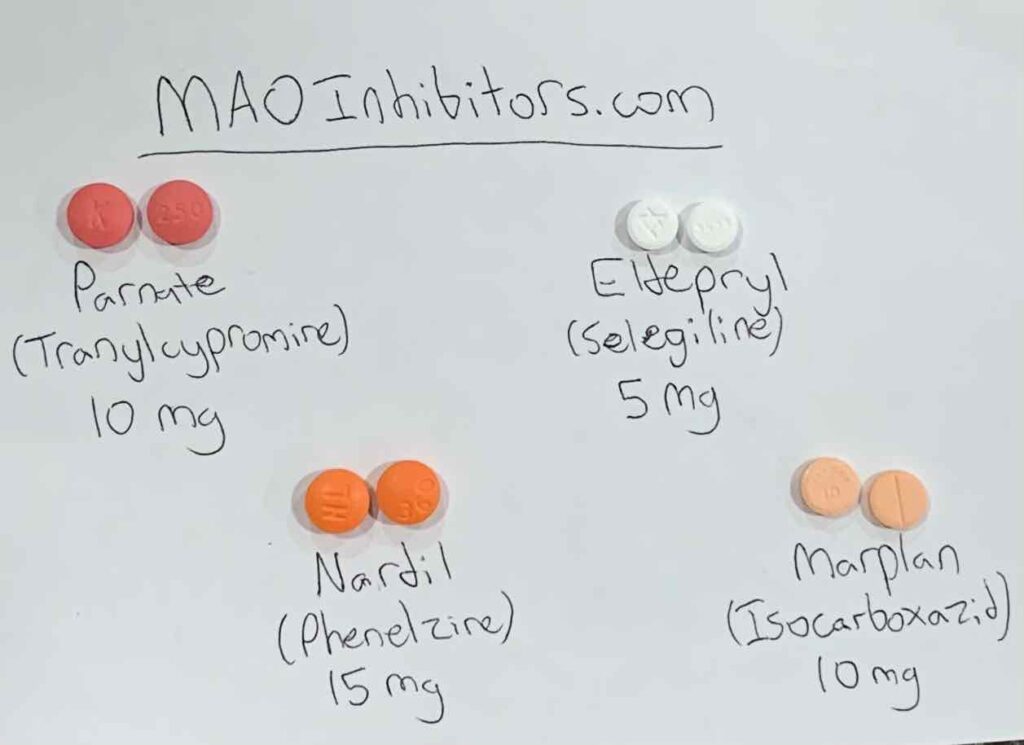There are two types of anxiety: state anxiety and trait anxiety.
Anxiety-State
The state anxiety is related to a particular time or situation, such as university entrance. This state is characterized by a transitory emotion and a lot of stress by the social pressure of having to choose his profession.
Trait Anxiety
On the other hand, trait anxiety is associated with individual characteristics of how to react to life’s adversities. This type of anxiety is linked to the personality of each one, and it is essential not to have comparisons between people so as not to worsen the associated symptoms.
It is known that these anxiogenic symptoms can negatively affect cognitive functions such as learning, reduced attention, and concentration. Therefore, it is necessary to devise strategies to overcome moments of anxiety.
For severe cases, the help of mental health professionals and their prescription like mao prescription amongst others is necessary for a better quality of life.
Tips For Controlling Anxiety
- Practice physical activities as a daily habit
- Reduce daily stress with meditation, yoga, reading, and leisure activities
- Control breathing
- Avoid negative thoughts and create daily affirmations to motivate good performance
- Maintain the focus of attention on the present
- Be more organized
- Plan to be with the one you love and do what you like in your leisure time
- Take time for yourself
- Acquire self-confidence and strengthen self-knowledge
Risk Factors Associated With Depression
- Family history
- Chronic stress
- Chronic anxiety
- Hormonal disorders
- Dependence on alcohol and illicit drugs
- Psychological trauma
- Cardiovascular, endocrinological, neurological diseases, neoplasms, among others
- Marital conflicts or the loss of a spouse
- The abrupt change in financial conditions and unemployment
How To Identify Depressive Disorder?
Depressive mood: the patient has feelings of intense sadness, self-depreciation, and guilt. In addition, it reports a feeling of emptiness, and the world is seen without colors. Suicidal thoughts are common in this symptom and range from the desire to be dead to planning to kill yourself.
- Lack of energy
- Insomnia and drowsiness
- Reduced appetite
- Reduction of sexual interest
- Pains and systemic symptoms: malaise, tiredness, digestive complaints, chest pain, tachycardia, and sweating
Measures to prevent a depressed mood
- Practice physical activities regularly
- Create moments of leisure
- Avoid alcohol consumption
- Do not use illicit drugs
- Maintain regular sleep routine and not have sleep deprivation
- Seek help to have an open space for listening
As we can see, the prevention of depression and anxiety are common measures and that we must practice daily as healthy habits of life and prevent mental disorders, ensuring a better quality of life. It is worth remembering the importance of providing the necessary comfort and understanding to those who suffer from these common diseases.




